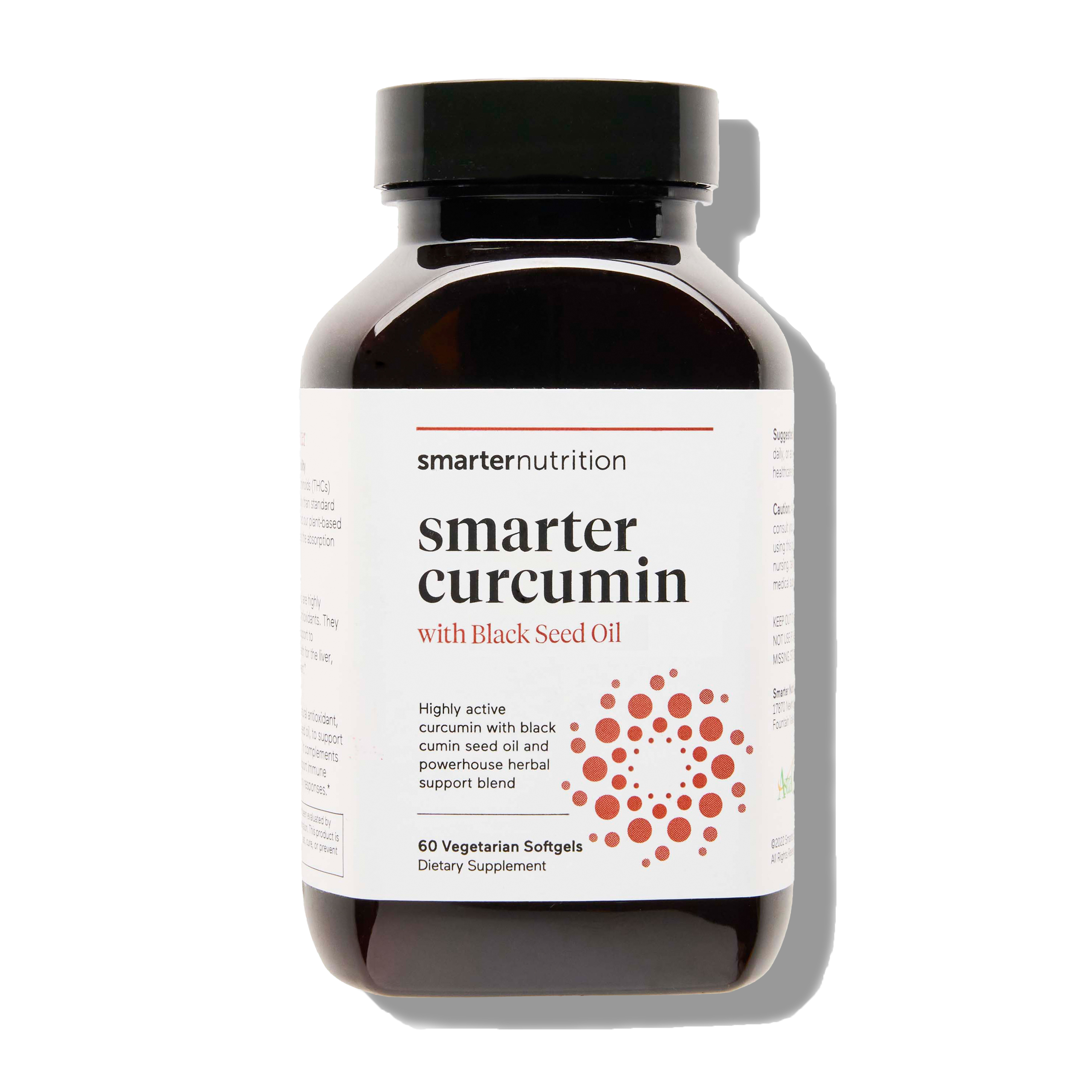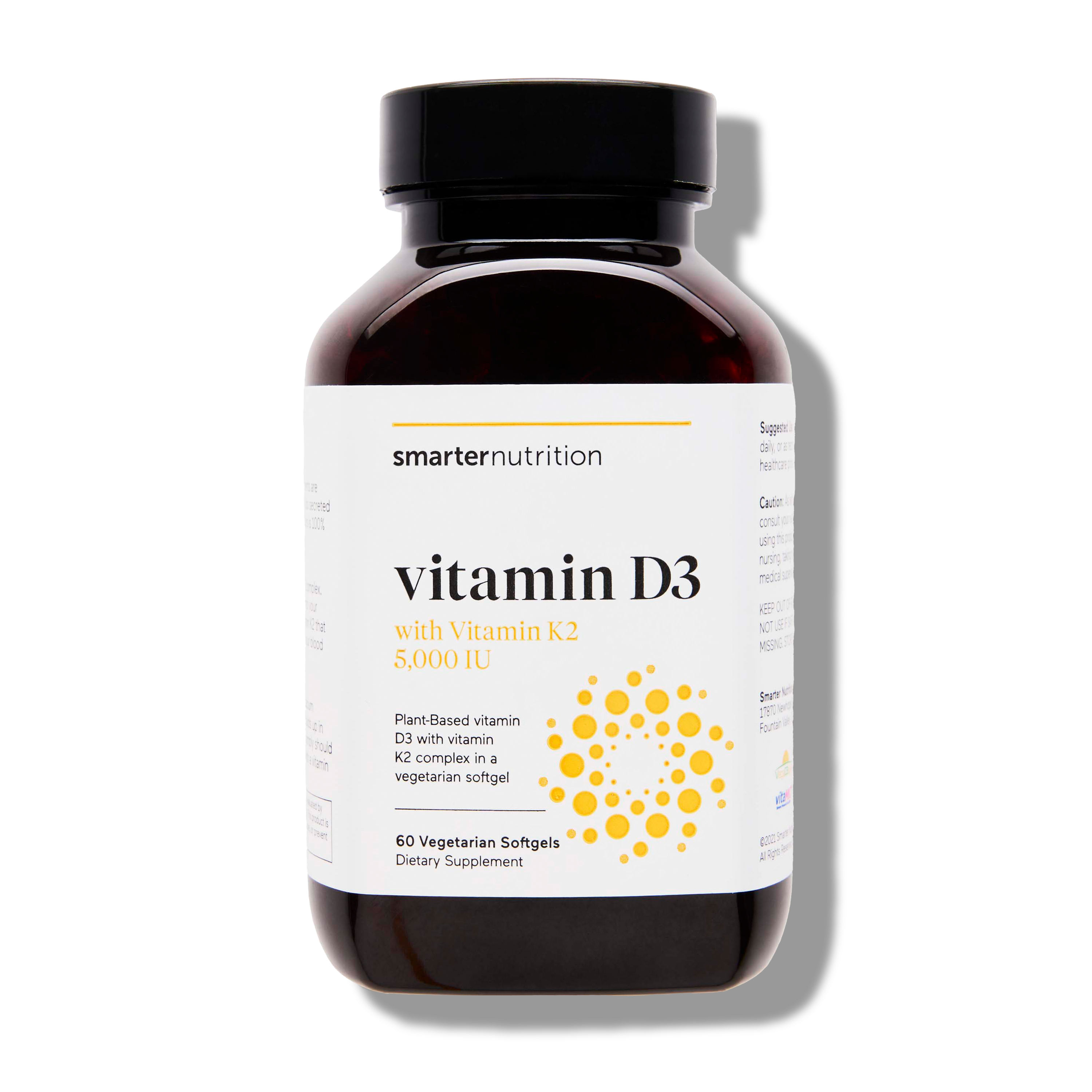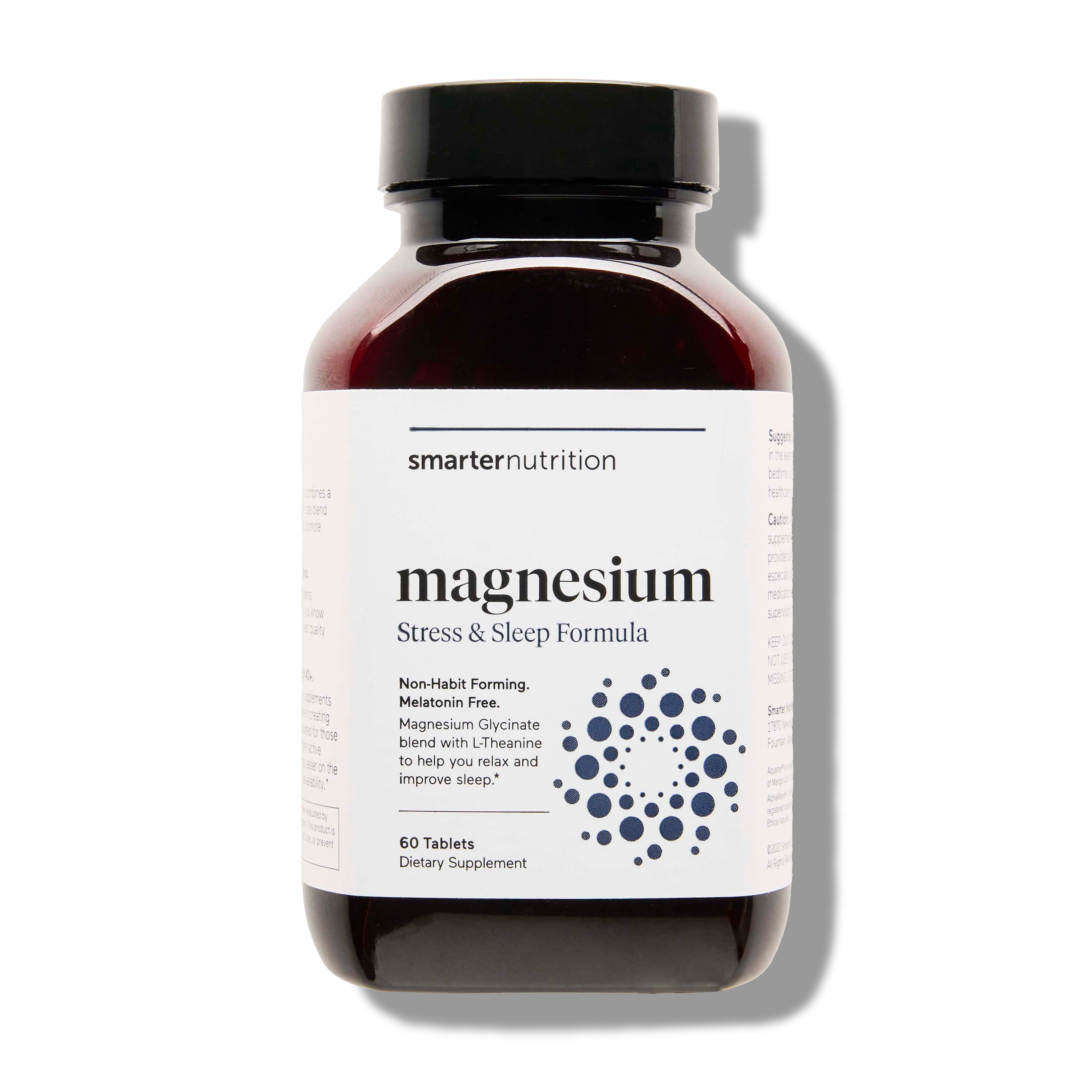Can Cracking Knuckles Cause Arthritis?
“If you keep cracking your knuckles, you’re going to get arthritis.” You’ve likely heard that cautionary phrase before, but wondered if it was really true. The short answer is no, it’s not. Studies have shown that cracking your knuckles doesn’t actually cause arthritis, but there are other factors that do.
What Happens When You Crack Your Knuckles
When you crack your knuckles, gas bubbles in the joint fluid burst and space is increased between your finger joints. It takes a little while for gas bubbles to reform in your joint, providing relief. It’s also why you can’t crack the same knuckle repeatedly.
How A Doctor Cracked the Myth
Like many people who enjoy cracking their knuckles, Dr. Donald Unger was told by his mother, aunts, and even his mother-in-law that it would give him arthritis in his fingers. So, Unger decided to take matters into his own hands—literally. For 50 years, he cracked the knuckles in his left hand at least twice a day while he rarely cracked those on his right.
After 5 decades, he found that not only did he not have arthritis in either of his hands, but also there were no noticeable differences between them. He concluded, “There is no apparent relationship between knuckle cracking and the subsequent development of arthritis of the fingers.”

What Does Cause Arthritis?
While the term “arthritis” is used to describe more than 100 different joint conditions, osteoarthritis is the most common form. It develops when joint cartilage is broken down from repeated wear and tear. The second most common form is rheumatoid arthritis, which is when the immune system attacks the joint and causes it to become inflamed.
Risk Factors for Arthritis
While you can safely crack your knuckles, there are a handful of things that actually do influence the development of arthritis.
- Family History: If your parents or siblings have arthritis, it may be passed onto you hereditarily.
- Jobs with Repeated Stress on Joints: Your joints can incur wear and tear through repeated actions like lifting heavy items, squatting, reaching, or climbing stairs. Jobs that are most likely to lead to arthritis are:
- Construction
- Cleaning
- Floor Laying
- Farming
- Metal Working
- Playing Sports: Not only does playing sports put stress on the joints, it increases the chances of injuries. People who have sports-related joint injuries are more likely to develop arthritis later in life.
- Gender: While women are more likely to develop rheumatoid arthritis, men are more likely to develop gout.
- Obesity: When the body is holding extra weight, it can be very hard on the joints, especially the knees, hips, and spine. What’s more, being only 10 pounds overweight can increase the force on your knees by 30 to 60 pounds with every step you take.

How to Support Your Joints
Although you can’t change some factors like gender and genetics, there are ways to support your joints that can help lower your risks.
- Manage Your Weight: Watching your weight can help prevent the joints from feeling more stress than they’re meant to. Manage your weight by following a balanced diet and regularly enjoying low-impact exercises.
- Eat Fatty Fish: Fish like salmon and mackerel are great sources of omega-3 fatty acids and have been known to help support normal inflammation responses in the body. The USDA recommends eating two servings of 3.5 ounces of fatty fish each week.
- Avoid Sports Injuries: Warming up before playing sports and using protective equipment like knee pads and wrist guards can help decrease your risk of injuries.
- Work Ergonomically: Keeping your back, legs, and arms supported while you are working can help discourage strains and uncomfortable feelings.
- Nourish Your Joints: Smarter Joint Food is formulated with whole collagen, MSM, turmeric, CMO, bromelain, vitamin C, and lipase to help support ongoing joint health and wellness.* These 7 ingredients were chosen specifically to help support normal inflammation responses, collagen, and lubrication.*
Sources
- Mirsky, Steve. “Crack Research: Good news about knuckle cracking.” Scientific American. 2009.
https://www.scientificamerican.com/article/crack-research/ - Shmerling, Robert MD. “Knuckle cracking: Annoying and harmful, or just annoying?” Harvard Health Publishing. 2020.
https://www.health.harvard.edu/blog/knuckle-cracking-annoying-and-harmful-or-just-annoying-2018051413797 - Mayo Clinic. “Arthritis.” 2021.
https://www.mayoclinic.org/diseases-conditions/arthritis/symptoms-causes/syc-20350772 - Watson, Stephanie. “Arthritis Prevention: What Can You Do?” Healthline. 2021.
https://www.healthline.com/health/arthritis-prevention#manage-your-weight




